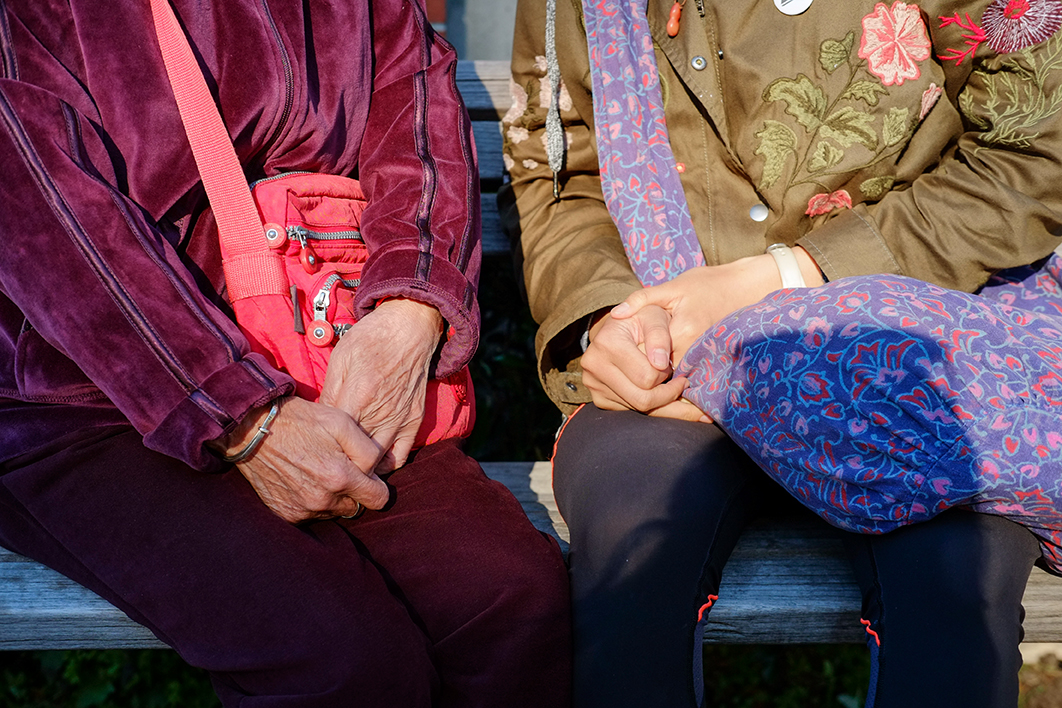When I meet with Chinatown Concern Group members Beverly Ho and Xing-Jun Gao next to the Chinatown Memorial Monument, it looks beautiful and grand in the golden light of a setting sun. The memorial sits directly next to 105 Keefer Street, the site of recent public outcry, and part of the reason I’m meeting with these two. Many readers will probably have already heard of the situation, but if you haven’t, here’s the run-down: a developer proposed building a luxury, mixed-use condo complex in Chinatown. Many residents and activists came together to fight the proposal, and in the end, Vancouver City Council voted against the development 8-3. Chinatown Concern Group was one of the groups leading the fight against the development, and I met with them to discuss their recent success and future directions.
Ho is in her 20s, a recent graduate of Emily Carr University of Art + Design, and Gao is a longtime Chinatown resident in her mid-eighties. Together, they are a fair representation of the group’s make-up; members vary widely in age, education and language skills. During our conversation, Ho acts both as interviewee and translator, as Gao is not fluent in English.

As we walk past the site of 105 Keefer on our way up to the Carnegie Community Centre (where CCG has its office), Ho and Gao note that the rezoning application sign has been taken down. However, we soon pass another rezoning application sign — it includes “Details” and information on an upcoming open house. The sign is written entirely in English, something Gao notes (in Shanghainese) with irritation.
“It’s very frustrating,” she says when I ask her about it later. “How can the government make these policies and do these consultations in Chinatown if it’s not also in Chinese? A lot of seniors, like me, came here later in life, or even if they’ve been here for a long time, they had to find a job right away so they didn’t have time to learn English.”
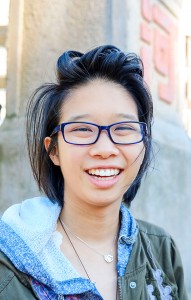
Fighting for language rights was a big reason Chinatown Concern Group was formed. King-Mong Chan, one of the founding members, discovered while doing his social work practicum with Carnegie Community Action Project that he was working with a lot of non-English-speaking people, especially seniors, who — because of the language barrier — didn’t have an ‘in’ to organizing, and whose voices weren’t being heard in local and provincial government. So, he decided to form CCG.
Watching Ho and Gao interact, it is clear each views the other with respect and esteem, as well as friendship. It’s a relationship rarely seen across such a wide age gap, and this type of comradery and interdependence is clearly what gives the group strength. Younger members, like Ho and Chan, are able to bridge language gaps and ensure that the older non-English-speaking residents are heard by elected officials. In turn, it is these voices that really matter — “they know their struggles the best,” as Ho says — and are possibly the ones that made the difference in the fight against 105 Keefer.
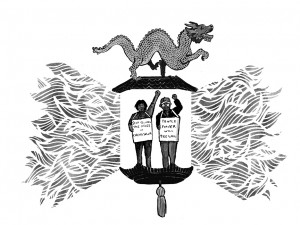
“A lot of our members are elderly women who aren’t educated or literate in English or Chinese, so they’ve always been told that their voices don’t matter,” Ho explains. “A lot of times they look to [Chan and I], because they’re like, ‘Oh, you guys went to college and you speak English, people will listen to you more.’ But we’re trying to [express] that their voices are really important too […] Even in the past year that I’ve become more involved with Concern Group, they’ve become a lot more confident and better at speaking, and they’re starting to believe that their voices do matter, and that they do have power.”
Going forward, the group intends to continue opposing market developments that displace established members of the community. They hope to see the government put policies in place to prevent the displacement of essential businesses like grocery stores and pharmacies, and for the government to build more social housing rather than allowing luxury condos to enter the area and push current residents out.
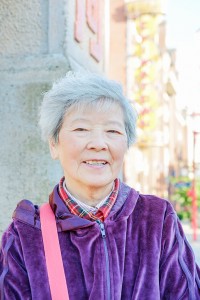
“So many people right now don’t have a place to live,” Gao says. “The government needs to solve this — they need to house these people. When I came here 30-some years ago, there wasn’t a homelessness crisis. That’s because the government was building social housing every year.”
As of now, BC Housing is not building any social housing — their current social housing strategy involves making deals with developers to include some below-market units in new buildings. For instance, the Beedie Group had proposed including 25 units of “low-to-moderate income seniors housing” in their 105 Keefer development, which would be owned by BC Housing. If you’ve ever been to the Downtown Eastside, you’ll know that 25 units of social housing is a pitiful response to a dire need for housing. Furthermore, it was determined unlikely that these 25 units would have even been affordable to low-income residents of Chinatown.
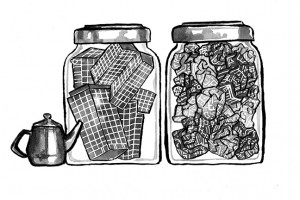

“We can’t just rely on the government, we need to continue organizing and fighting,” Gao says. For her, fighting for Chinatown is important not only because it is her current home, but also because of its history. “We can’t forget the early Chinese Canadians who built Chinatown for us, who had to suffer a lot more than us […] A lot of Chinese people built the railroad, or they worked other labour jobs after the gold rush was over. We can’t forget our history and the people who came before us, who made it easier for us to be able to live here and who gave us our rights.”
x
You can learn more about Chinatown Concern Group 唐人街關注組 by visiting chinatownconcerngroup.wordpress.com.


